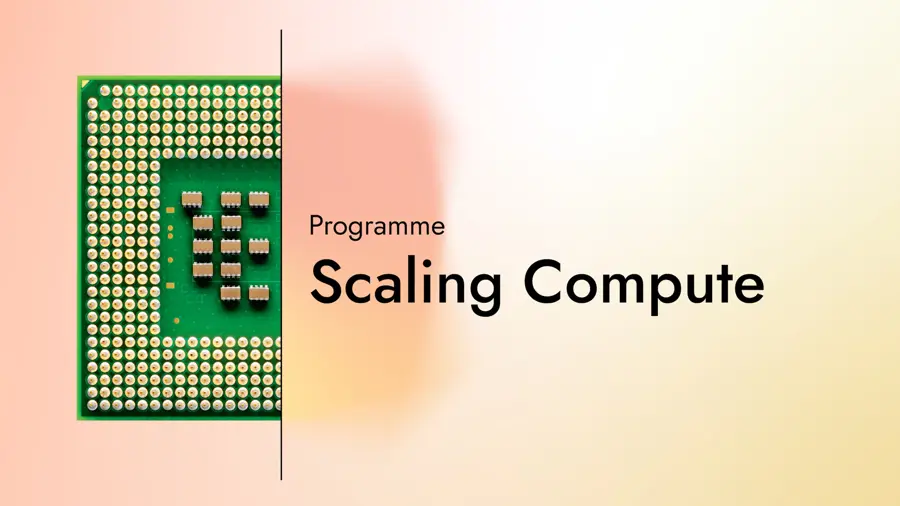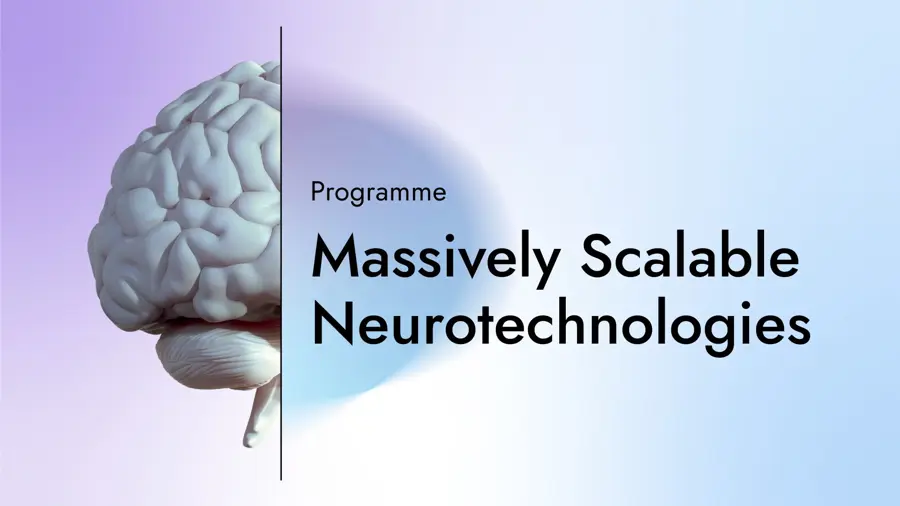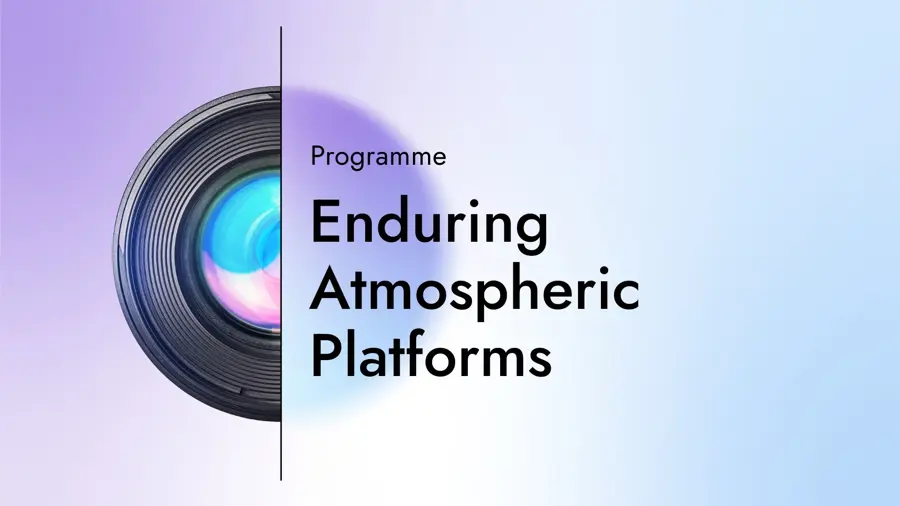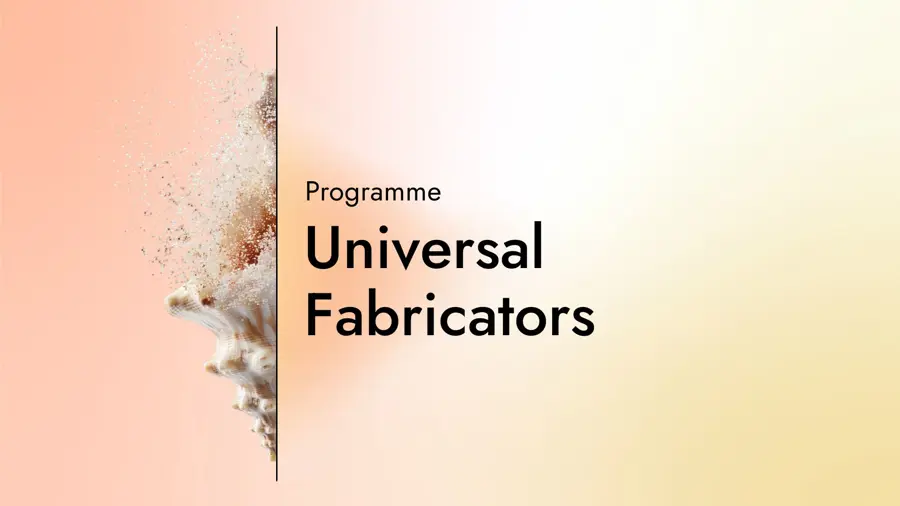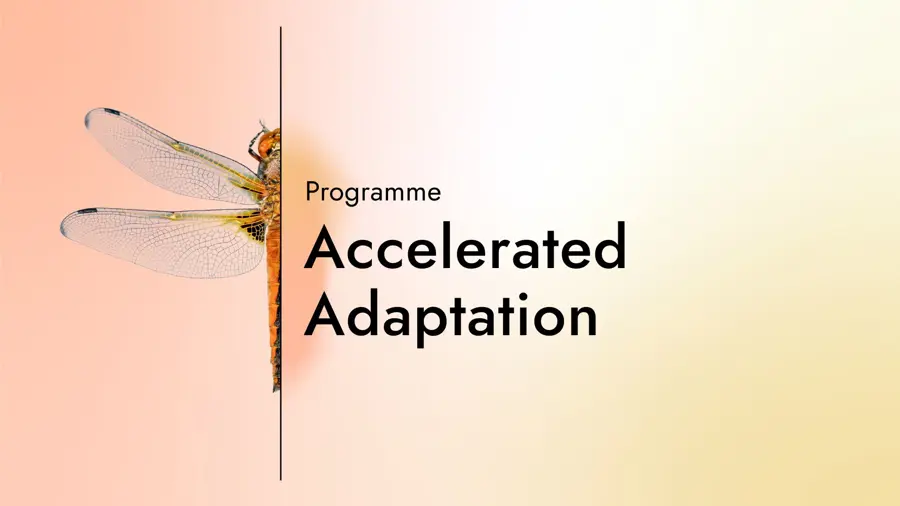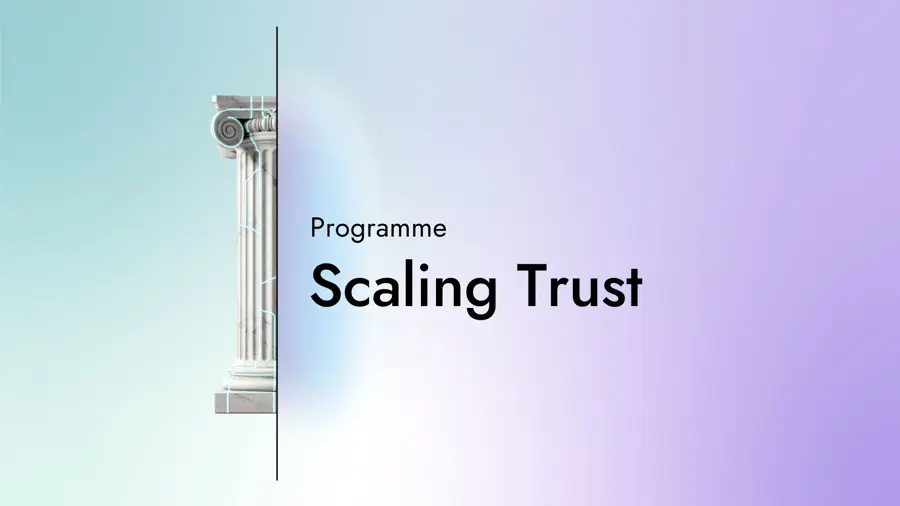Empowering scientists to reach for the edge of the possible
Scroll to get to know ARIAARIA is a UK R&D funding agency built to unlock scientific and technological breakthroughs that benefit everyone.
Society’s most important advances have stemmed from those willing to think differently about what might be possible.
The Advanced Research + Invention Agency (ARIA) empowers scientists and engineers, from our Programme Directors to the teams we fund, with the resources and freedom to pursue breakthroughs at the edge of the possible.
Many will fail to meet their target, but their efforts will inspire the next generation. Those that do succeed will generate massive social and economic returns.
The latest from ARIA
Opportunity spaces
Defined by our Programme Directors, ARIA opportunity spaces are highly consequential for society; under-explored relative to their potential impact; and ripe for new talent, perspectives, or resources to change what’s possible. Each opportunity space represents fertile ground we'll harvest for technical breakthroughs through programme and seed funding.
Discover our opportunity spaces below:

Scoping Our Planet
Programme: Enduring Atmospheric Platforms
Programme: Forecasting Tipping Points
Understanding the Earth system is limited by serious measurement gaps that lead to significant uncertainties in predictions. What if we could cultivate frontier technologies, from measurement platforms to AI models, to generate actionable knowledge that serves society in diverse and impossible ways?
Open calls
Programme Funding
Accelerated Adaptation: Concept papers
We’re accepting concept papers for our £54m Accelerated Adaptation programme. The programme seeks to explore potential pathways to accelerate the adaptation of wild species in order to prevent biodiversity loss and secure the natural infrastructure that underpins our global economy and human health. We’re looking to fund a cohort of interdisciplinary teams that can develop scalable approaches to accelerating adaptation in wild species, rigorously assess their efficacy, model what the impact of proposed approaches would be, and explore the ethical and governance implications of these interventions.
Opportunity space
Engineering Ecosystem Resilience
Programme Director
Yannick Wurm
Application Date
06 March 2026
Programme Funding
Universal Fabricators: Concept papers
We’re accepting concept papers for our £50m Universal Fabricators programme. The programme seeks to harness proteins to produce a functionally universal range of materials at scale. We’re looking to fund a new interdisciplinary community to develop scalable processes that use proteins to template the assembly of inorganic and composite materials with structures that currently cannot be mass manufactured. This programme is designed to expand the Overton window in this domain – to move from biology into first-principles manufacturing approaches – and as such, we’re looking to fund Creators who are highly iterative and adaptable.
Opportunity space
Manufacturing Abundance
Programme Director
Ivan Jayapurna
Application Date
09 March 2026
Programme Funding
Massively Scalable Neurotechnologies: TA1 Concept papers
We’re accepting concept papers for TA1 of our £50m new programme, Massively Scalable Neurotechnologies. This programme seeks radically new ways to deliver responsive neurotechnologies to the brain without brain surgery. We believe that some of the most radical solutions to this delivery challenge may come from Creators who do not traditionally consider themselves neurotechnologists. So whether you are a synthetic biologist developing engineered cells or a biotechnologist developing new vectors to access the brain — we want to hear from you.
Opportunity space
Scalable Neural Interfaces
Programme Director
Jacques Carolan
Application Date
17 March 2026
Programme Funding
Scaling Trust: Full proposals
We’re accepting applications for funding within our £50m Scaling Trust programme. The programme’s goal is to create the capability for AI agents to securely coordinate, negotiate, and verify with one another on our behalf. To kickstart Phase 1 of this programme, we are seeking to fund teams to develop open-source coordination infrastructure and perform fundamental research that moves us from empirical to theory-driven guarantees in agentic coordination.
Opportunity space
Trust Everything, Everywhere
Programme Director
Alex Obadia
Application Date
24 March 2026
Programme Funding
Enduring Atmospheric Platforms: Full proposals
ARIA is launching a programme backed by at least £50 million to unlock the stratosphere as a persistent operating environment. The goal is to solve the interdependent challenges of flight and energy to create a resilient and sustainable platform layer between Earth and space. Success will be measured by a single, galvanising demonstration: keeping a platform aloft for one week while maintaining line-of-sight to a fixed ground point and continuously powering a 300W payload. This technical breakthrough will provide the physical backbone required for next-generation advanced communications, serving as a critical enabler for the projected £13–20 trillion annual economic potential of AI.
Opportunity Space
Scoping Our Planet
Programme Director
Rico Chandra
Application Date
02 April 2026
Opportunity Seed
Rolling opportunity seeds
Building on our previous funding calls for opportunity seed projects, we’re launching an open rolling call for proposals as an experiment across multiple opportunity spaces. We’re keen to learn from this process and use the lessons to make future calls stronger and more effective. We're looking to fund projects within the Mathematics for Safe AI, Nature Computes Better, Scoping Our Planet and Scalable Neural Interfaces opportunity spaces, with up to £500k each.
Opportunity spaces
Mathematics for Safe AI, Nature Computes Better, Scoping Our Planet, Scalable Neural Interfaces
Application date
Rolling
Featured insights
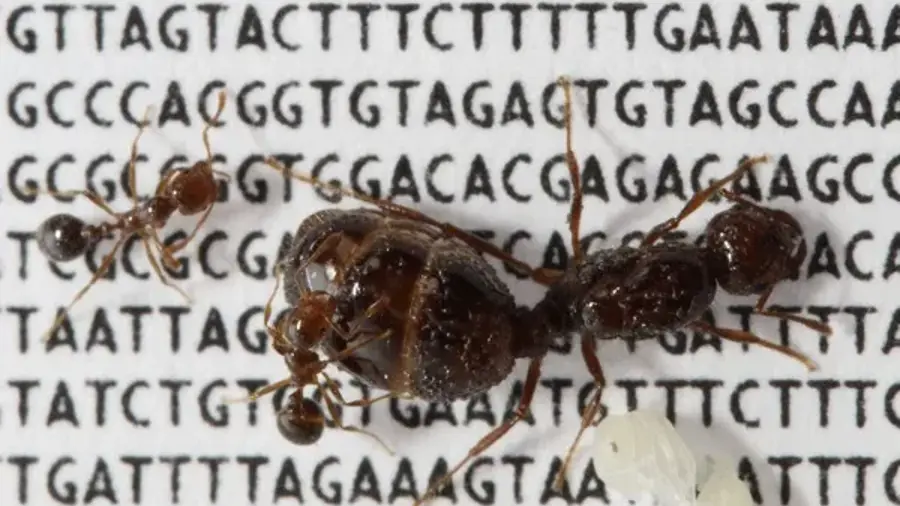
Expanding the Conservation Toolkit
Why we’re exploring pathways to accelerate the adaptation of wild species
Read more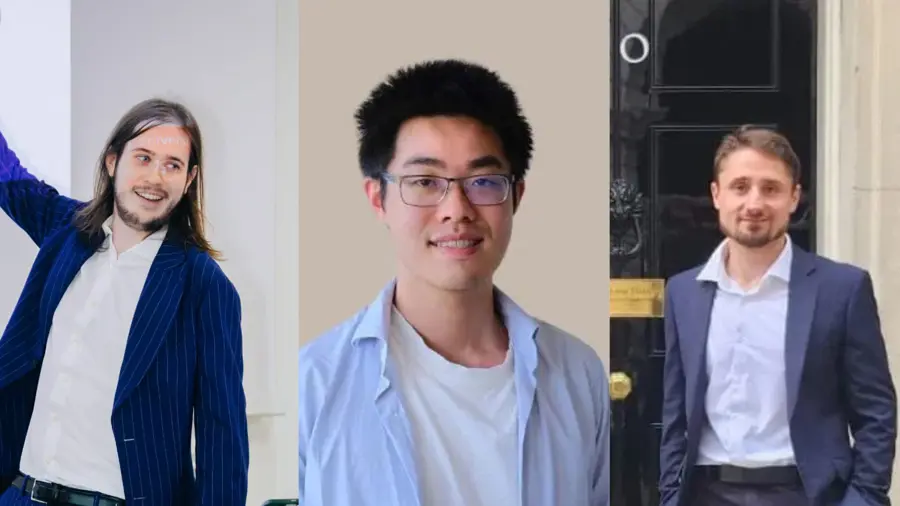
Benchmarking automated mechanism design
Samuele Marro on building trust with LLM agents
Read more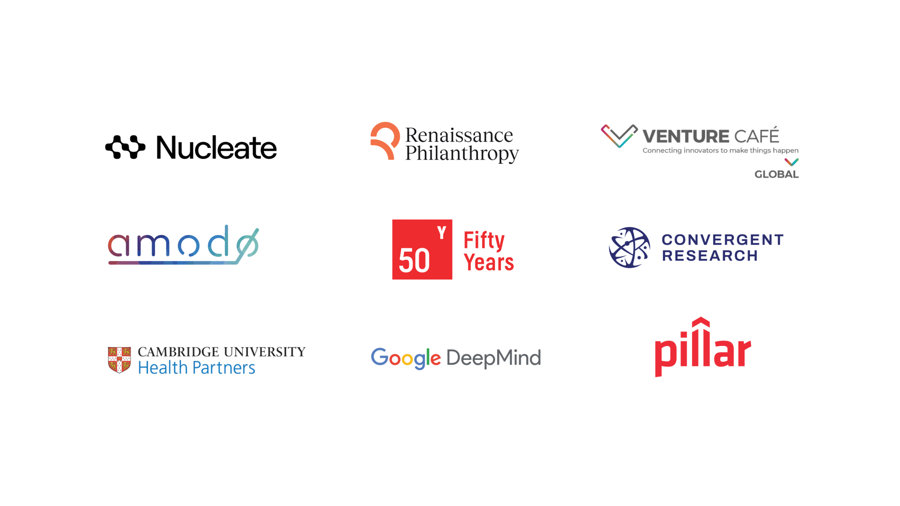
One year of Activation Partners
Pranay Shah reflects on what we've learned and what lies ahead for our APs
Read more
